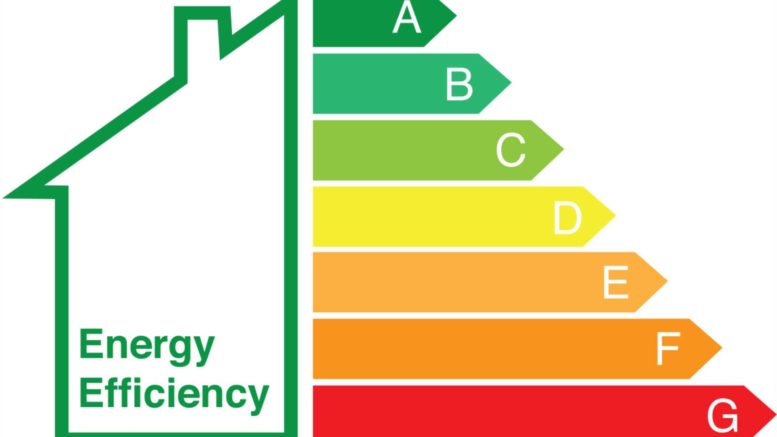Rental properties will be required to have an energy efficiency rating of ‘C’ or better under Government proposals published for consultation this week.
Current regulations, which have applied to new tenancies since April 2018 and to all tenancies from April this year, require a minimum energy performance rating of ‘E’. Landlord’s whose properties do not meet this standard are required to invest up to £3,500 in energy efficiency improvements.
Private rental properties are among the least energy efficient in the domestic housing stock, according to Improving the Energy Performance of Privately Rented Homes in England and Wales.
Its ‘preferred policy scenario’ for rectifying this, is to amend the Energy Efficiency (Private Rented Property) (England and Wales) Regulations 2015 to:
- Raise the energy performance standard to Energy Performance Certificate (EPC) energy efficiency rating (EER) Band C;
- Increase the maximum landlords must spend on each property to reach this level of energy efficiency to £4,700 with a £10,000 cap on total expenditure;
- Introduce a ‘fabric first’ approach to energy performance improvements whereby, as a general principle, improving insulation and other energy efficient features of the fabric of the building itself are given priority over improving its means of heating and lighting.
These changes would be introduced over ‘a phased trajectory’, starting with new tenancies from 2025 and all tenancies from 2028. According to the consultative paper, which is open for comment until 30 December this year, they would significantly improve the energy performance of private rented sector homes in the 2020s.
They would decrease bills for low income and vulnerable tenants, increase the quality, value and desirability of landlords’ assets, reduce energy bills for tenants and ensure warmer homes. They would also ‘support investment in high quality jobs and skills in the domestic retrofit supply chain across England and Wales’, and provide greater energy security through lower energy demand on the grid and reduced fuel imports.
The paper suggests that landlords be required to provide letting agents and online property platforms with an Energy Performance Certificate for any property they wish to advertise for rent, and that agents and platforms only advertise and let properties compliant with the energy rating requirements. This will be backed with higher fixed civil penalty fines for offences under the regulations.
Another proposal is that local authorities should be assisted in enforcing the regulations by enabling them to inspect properties and by increasing to £30,000 the maximum financial penalty that authorities may impose on non-compliant landlords per property and per breach. It is also suggested that tenants be given the right to request that energy performance improvements are carried out when a landlord is non-compliant.
The Government said it is planning to publish its response to its consultation in spring 2021 and to lay regulations before Parliament in the autumn of 2021.
The National Landlord Knowledge’s Association has pointed out that alongside the consultation the Government is launching its Green Homes Grant scheme, initially announced in the summer. This scheme allows for grants of up to £5,000 to private landlords to upgrade their properties in England.
Grants will be issued as vouchers, and will cover up to two-thirds of costs of specified improvements.
Work must be undertaken by a Trustmark registered installer, and include a ‘primary measure’ of either insulation or low-carbon heating, such as a ground or air source heat pump, before ‘secondary measures’, such as replacement of windows and doors or draught proofing can be funded.
‘Landlords need to be proactive now and access the grants if they can’, said the NRLA. ‘The Government is clear that they will be increasing the requirement of the private rented sector, as part of their legal commitment to achieve net-zero carbon emissions by 2050. With housing accounting for around one-fifth of the UK’s emissions, it is a key sector for meeting this target.
‘Whatever the outcome of the consultation – and it closes on 30 December 2020 – the direction of travel is clear. Landlords must accelerate the upgrade of their properties.
‘The Government is looking to move to “low carbon-heat ready” in the private rented sector by 2030, which means making as many changes to the fabric of buildings as is possible in anticipation of the phasing out of gas boilers, as has already been announced for new-build properties’.








